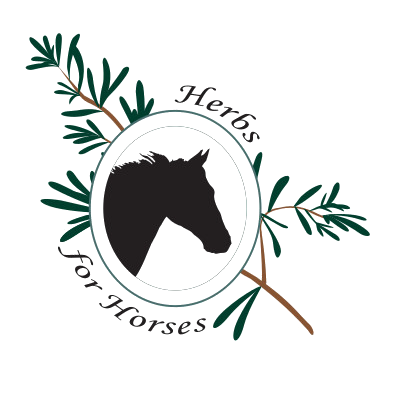
Healthy Gut, Healthy Horse: Usefulness of probiotics in equine nutrition
Probiotics are like friendly bacteria that can help keep horses' guts healthy. You know how humans take yogurt with live cultures or supplements to improve their digestion? It's a similar idea for horses. These probiotics, when given in the right amounts, can do wonders for a horse's digestive system.
First off, probiotics can really help with digestion. Horses - especially those that compete or travel a lot - often get stressed, which can disturb the microbiota in the gut. This stress can lead to colic or diarrhea, and poor performance. Research has shown that probiotics can help stabilize the gut environment, making it easier for horses to absorb nutrients from their food, thereby supporting better performance and recovery.
On top of that, probiotics seem to boost the immune system. The gut is a big player in immune health, and a balanced gut microbiome can enhance a horse's overall immunity. Some studies have shown that horses on probiotics produce more immunoglobulins, which are crucial for fighting off infections.
Now, not all probiotics are the same. Scientists have pinpointed specific strains like Lactobacillus and Bifidobacterium that are particularly beneficial for horses. The tricky part is figuring out the right strains and doses, as different horses can respond in different ways. Very few commercial probiotic supplements have undergone scientific testing, so always remember to ask the manufacturer of your horse's probiotic supplement what research they have done to prove that the product is safe and effective.
While probiotic supplements can be very useful to promote horse health, there are still some challenges. The biggest one is the variability among individual horses. What works wonders for one horse might not do much for another. That's why ongoing research is so important. Scientists are working to understand the best ways to use probiotics, including how much to give and the best methods for administration.
In a nutshell, probiotics have a lot of potential for keeping horses healthy, especially in terms of their gut health, immune function, and exercise performance. But more research is needed to really nail down the best practices. So, while probiotic supplements have evidence for being really helpful, the science is still evolving to make them even more consistent and effective.
